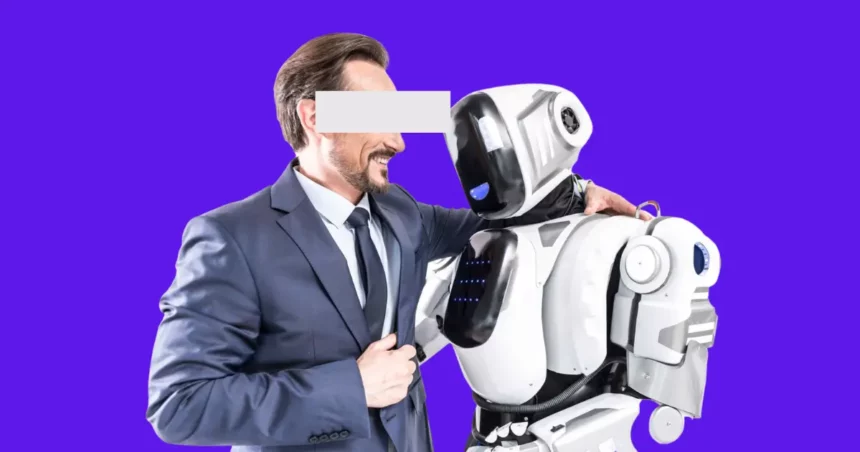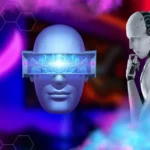AI’s Advanced Capabilities: A Game Changer for Human Labor?
Artificial Intelligence (AI) is expanding rapidly, and its potential to change how we live, work, and engage with the world is immense. We are already witnessing AI’s applications in self-driving cars and virtual assistants, and its influence is projected to increase even further shortly.
As AI technology advances at a phenomenal rate, there is growing concern among individuals regarding the possibility of machines rendering humans obsolete resources. Will the workforce be entirely dominated by machines in the future, leaving humans with nothing to do but observe as they take over our jobs and control our lives?
There is no doubt that AI has the potential to revolutionize the way tasks are performed by automating several tasks that humans currently do. Machines can be trained to recognize patterns, make predictions, and perform complex calculations with incredible speed and precision.
Below are the tasks that humans performed and now are performed by machines:
| Tasks once performed by humans | Machines now complete assignments |
|---|---|
| Data entry | Automated data entry systems |
| Repetitive manufacturing tasks | Automated assembly lines |
| Inventory management | Automated inventory systems |
| Basic customer service | Chatbots and virtual assistants |
| Analysis of large data sets | Machine learning algorithms |
As AI advances, the number of tasks machines can automate will only increase. While this technological progress is exciting and can bring numerous benefits, it also raises concerns regarding the impact on human employment and job security.
The automation of tasks by AI can have both positive and negative impacts. On the one hand, it can allow human workers to focus on creative and complex tasks that require intuition and problem-solving skills. On the other hand, replacing human workers with machines can result in job loss and economic disruption.
The impact of Artificial Intelligence (AI) on the job market has sparked debates among economists and policymakers. Some experts believe that AI will bring about new job opportunities and industries, similar to what occurred during the Industrial Revolution in the 19th century. They argue that technological advancements often create more jobs than they replace, and AI will be no exception.
However, others hold a more pessimistic view, expressing concerns that the rise of AI will result in significant job losses, especially in low-skilled and routine jobs. They point out that machines are increasingly capable of performing tasks previously thought to require human intelligence, such as language translation and creative writing.
The truth likely lies somewhere between these two opposing viewpoints. While it is true that AI has the potential to automate many jobs, it will also create new job opportunities and industries, whether these new jobs will be accessible to everyone or require high education and specialized skills.
To illustrate the potential impact of AI on the job market, I have included a table below:
| Impact of AI on the Job Market |
|---|
| ✔ New Jobs and Industries |
| ✔ Automation of Jobs |
| ✔ Job Losses in Low-Skilled and Routine |
| ✔ Accessibility of New Jobs |
| ✔ Education and Specialized Skills Needed |
Apart from the potential impact of AI on job markets, there are concerns about how AI may affect society as a whole. Some individuals worry that AI may worsen existing social inequalities. This could happen if big corporations and wealthy individuals are the primary users of AI, leading to a wider gap between the rich and the poor.
Additionally, there are concerns about how AI may affect privacy and personal autonomy. As machines become more adept at recognizing patterns and predicting human behavior, they can access vast amounts of personal information. This could result in a world where every move is monitored and analyzed by machines.
However, it is essential to remember that AI is not inherently good or bad. Like any technology, it is a tool that can be used for good or evil purposes. We must ensure that AI is developed and utilized to maximize its benefits while minimizing its risks.
To accomplish this, we must invest in education and training programs that equip people for future jobs. We also need to ensure that the advantages of AI are broadly distributed and that its use is regulated in a way that safeguards privacy and personal autonomy.









